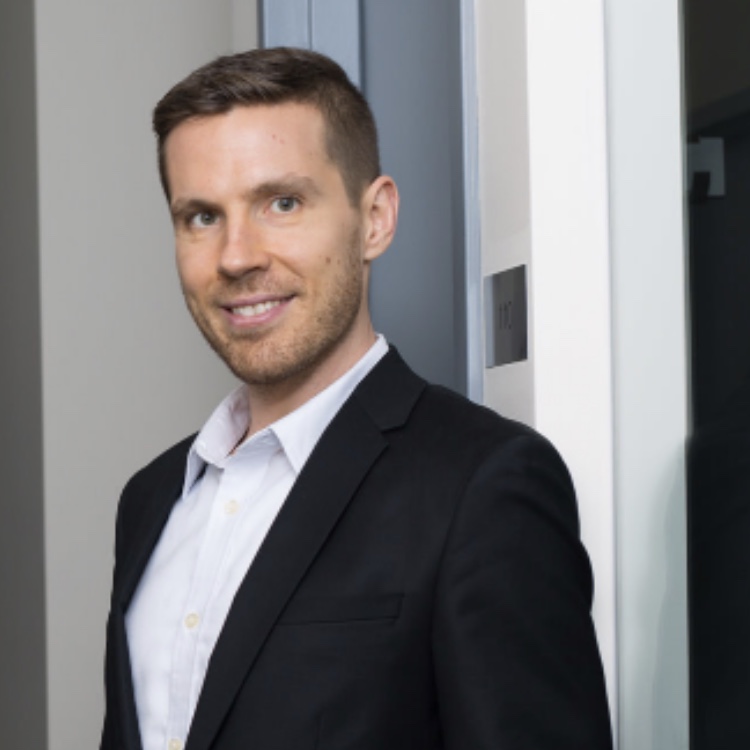Time. Task. Team. Transition
After an incredible 96 hours (plus a 48 bonus via our gateway) of living the 4Ts of module one, the Major Programme Management 13 cohort has wrapped up its first hybrid week of the programme. It’s been a rollercoaster of a journey; a steady building of anticipation and theorising, and subsequent crescendo of relishing the rush of application.
Amongst the many frameworks we’ve tackled, is there a more fitting one to apply to a ‘week-in-review’ analysis and provide a basis for tip-sharing than the temporary organisational design (TOD)? I think not.
Time: tick, tock… tick, tock…
Make no bones about it, there simply isn’t enough of it! Whether it’s a countdown end to a coffee break or the fluidity that comes with stimulating discussion, time is clearly the most limiting of constraints… not enough for readings and analysis, lectures and socials, logistics and, well, all that other ‘miscellaneous stuff’ that makes up life. Be prepared to operate on less sleep, more caffeine, but reap far more fulfillment than you can imagine.
Task: to-dos
Step 1: CTRL+A to your to-do list.
Step 2: delete the selected.
Step 3: Add ‘be here now'.
During this very exploratory week, where possible (an acknowledged limitation for many), try to minimise your other commitments and focus on programme activities. Where you can, try to treat bonus free time as just that: a bonus. After this module you’ll have a much better grasp of how to plan and manage your task list for the remaining modules. It’ll be tough but you won’t be alone… and the community?
Team: the reality of Teams is far more appealing than the theory
The hybrid approach to this module’s delivery was certainly unique. We’re all accustomed to Zoom meetings, Slack chats, Teams discussions etc., but in an academic setting where interactivity is stressed? This took some getting used to. Thankfully our gateway days were expertly led by Professor Ventresca, who stressed participation and eased us into ‘collaborate mode’ so smoothly. This approach further proved that our most valuable learnings will come from each other.
Transition: next stop, to be decided
Everyone is undergoing some type of transition. Maybe it’s subtle, focusing on personal and professional growth in a broad sense or dramatic, searching for whole new career opportunities and life-altering experiences. Either way, everyone is engaged and motivated, propelling a feeling of forward movement that resonates across the group. It’s that special undercurrent that’s made every interaction that much more enjoyable. Embrace it in both spirit and action.
Tips: a bonus ‘t’
How else does one make the most of module one? Here are four more random tips I’ve found invaluable:
- Take care of your IT ASAP. It’s a complicated, if not complex, web to navigate (multiple puns and inside jokes intended) so don’t let any account resource issues stand in your way. Reach out to IT, your college, and the School team at the earliest; they’ll get you sorted as fast as they can.
- Refresh your recollection of the core readings (focusing on cases) in the days and hours before their discussion. Feeling left out due to not having seen the material for weeks is not a fun one. (If you’re unsure which will be discussed when, contact your Professor.)
- Speak up! It’s not lip service being paid when folks at Oxford say they will challenge you and welcome your challenges. Module one is structured in a way that should get you questioning assumptions, biases, and applicability…our best discussions were the most heated.
- Finally, say yes to everything! A motto of mine (#personalbias?), we have such limited time together it only makes sense to take the most advantage of it. Each opportunity brings incredible rewards, from amazing dinners to city exploration to optional Owl/Lark sessions; take every opportunity to engage and connect with your peers.
Time. Task. Team. Transition: take two
Everyone’s expectations and experiences of module one will be different and hopefully future cohorts will benefit from the more traditional in-person delivery. Until then, it’s not hyperbole to say that this first hybrid one surpassed this author’s expectations and only cemented the verdict of the decision to enrol in the MSc in Major Programme Management programme as being the correct one.
Next up? Manage the 4Ts as we write our first assignment… no small ‘task’ indeed!





